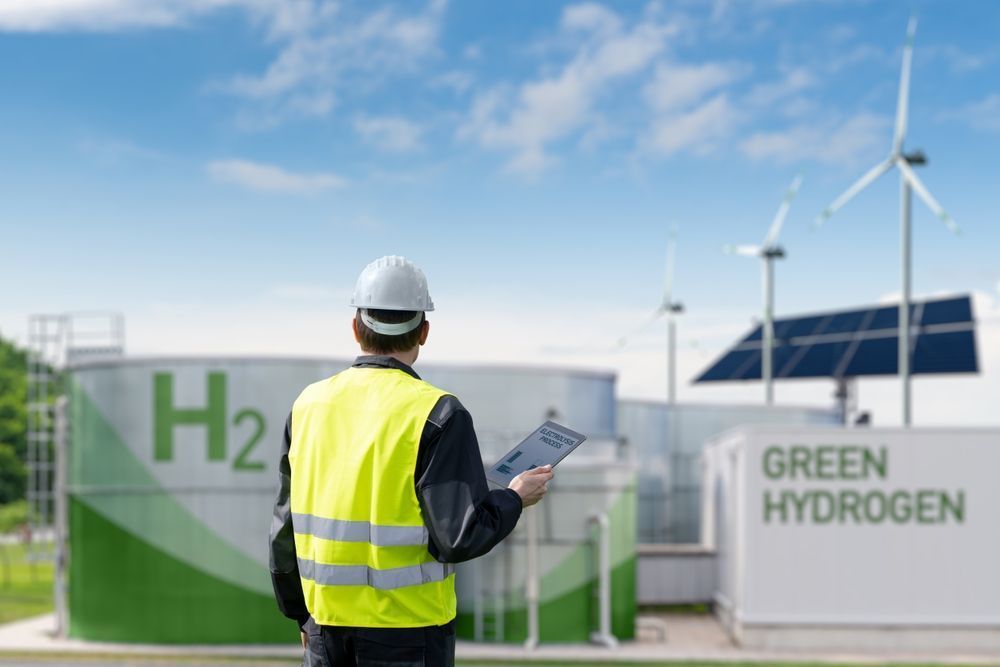German-Dutch Program Receives EU Approval to Boost Renewable Fuel Production
Key Ideas
- The German-Dutch program to support the production of renewable fuels of non-biological origin, including hydrogen, has been approved by the European Commission to boost the green transition.
- Germany and the Netherlands will contribute €3 billion combined to the program, aiming to construct at least 1.875 GW of electrolysis capacity worldwide and reduce CO2 emissions by up to 5.73 million tons.
- The scheme involves a dual-auction system connecting RFNBO producers from non-EU countries with buyers in Germany and the Netherlands, with competitive bidding planned to be completed by 2025.
- This initiative aligns with the EU Hydrogen Strategy, European Green Deal, and REPowerEU plan to reduce reliance on Russian fossil fuels and accelerate the deployment of renewable hydrogen technologies by 2030.
The European Commission has granted approval to the German-Dutch program aimed at supporting the production of renewable fuels of non-biological origin (RFNBO), which includes renewable hydrogen. The scheme, designed to align with the EU's energy goals, is set to contribute to the objectives of the EU Hydrogen Strategy, European Green Deal, and the REPowerEU plan to lessen dependence on Russian fossil fuels and expedite the shift towards green energy. With an investment of €3 billion from Germany and the Netherlands combined, the program plans to establish at least 1.875 GW of electrolysis capacity globally. This initiative is structured around a competitive dual-auction system that will link RFNBO producers from non-EU nations with buyers in Germany and the Netherlands. The auctions, intended to be finalized by 2025, will be open to projects featuring an electrolysis capacity of minimum 5 MW. The support mechanism will bridge the gap between the selling and buying prices through public resources. To qualify, beneficiaries will need to demonstrate compliance with EU criteria for RFNBO production as outlined in the delegated acts on renewable hydrogen. It is anticipated that this program will help avoid emissions of up to 5.73 million tons of CO2 equivalent, furthering the climate goals of Germany, the Netherlands, and the EU. Additionally, this initiative aligns with the broader framework of the EU's ambition to scale up renewable hydrogen technologies by 2030, in line with other recent allocations for decarbonization and innovative hydrogen projects.
Topics
Projects
Energy Transition
Renewable Fuels
Decarbonization
Climate Goals
EU
Investments
State Aid
Auction System
Latest News
